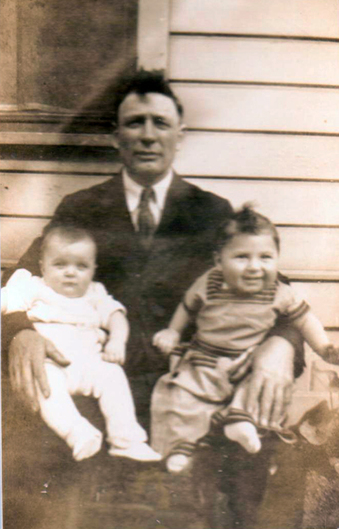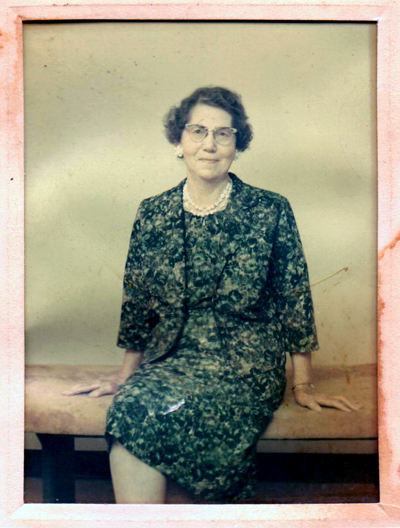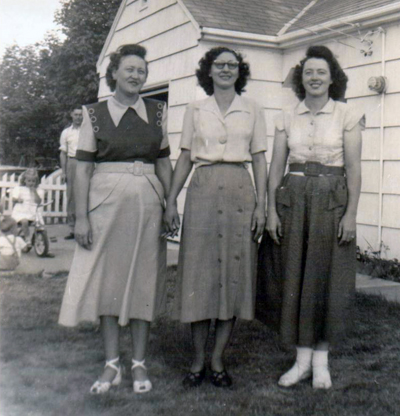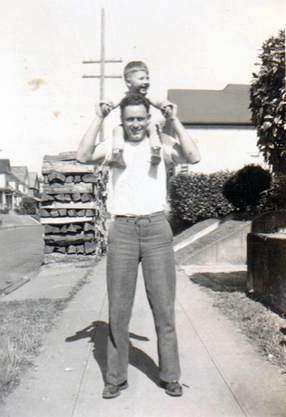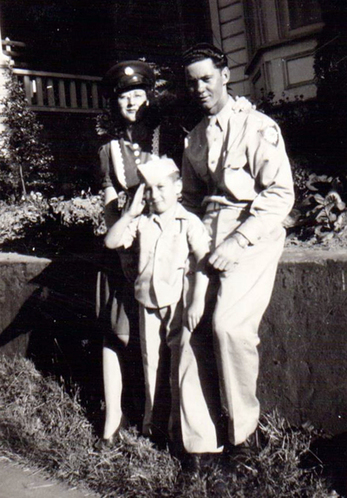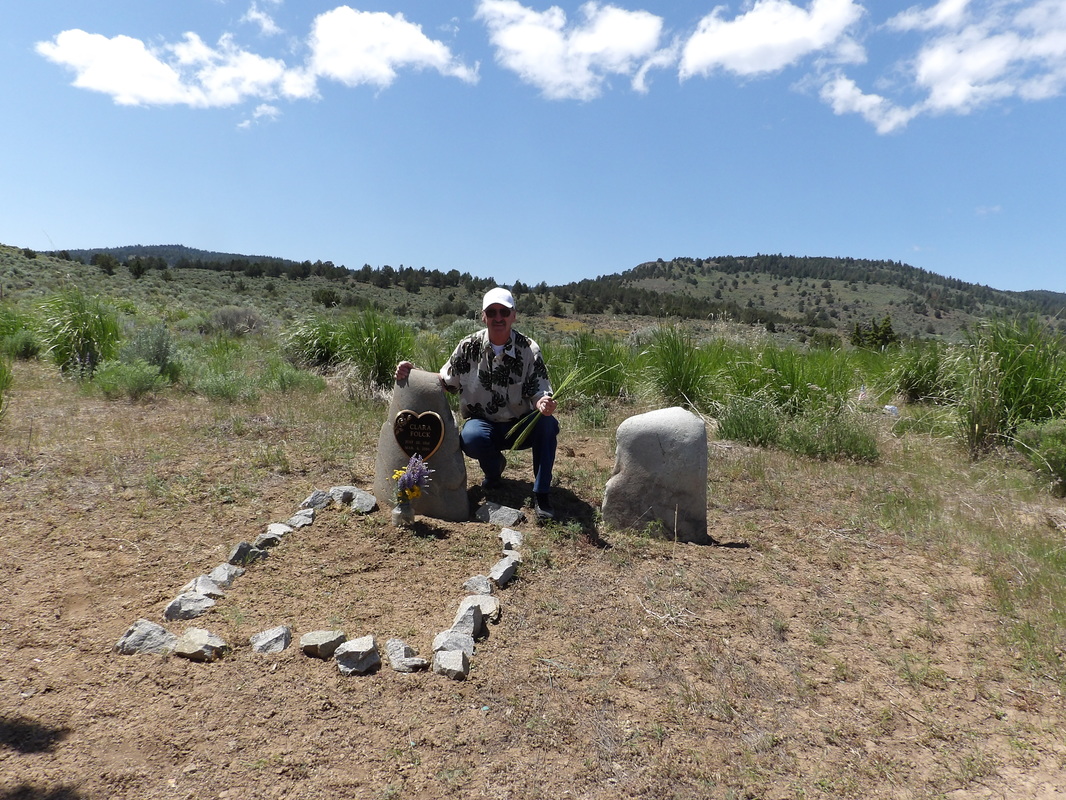People > Our People > Paul and Caroline Gartner Family
Paul and Caroline Gartner Family
By Ron Folck
My mother, Clara Gartner, came from a close-knit, hard-working family. Her parents, Paul and Caroline Gartner, lived at 238 N. Monroe. My grandfather, Paul P. Gartner, was born in Odessa, Russia, on March 25, 1887, and died in Portland on May 30, 1959. He was buried at the Rose City Cemetery. My grandmother, Carolina (later Caroline), was also born in Odessa on May 13, 1890. She died in Portland on March 1, 1972.
Paul's father, Paulius Gartner, was a doctor in Odessa. Paulius and his wife Johanna (maiden name of Pfaff) had three sons: Paul, Simon, and Jacob.
Paul lived in Freidorf, Russia, until he was 21 and farmed with his brother. Paul learned that land was available in Montana and decided to immigrate to the United States to start a new life. He departed from Europe at the port of Bremen, Germany, on the steamship Main on October 19, 1908, and arrived at Ellis Island in New York on October 29. He then settled in South Dakota for a short time and became a U. S. citizen on September 4, 1920.
Paul filed for a homestead in Boxelder, Montana, in Chouteau County and was granted 160 acres by President Warren G. Harding on September 27, 1921. Paul and his wife Caroline lived there with their five children: Lidia, Martha, Herman, Clara, and John. The area at the time was unsettled, and ranching proved to be very difficult. My mother lost an eye at the age of six and had health problems over a long period of time. The family was happy but struggled to make a foothold on a strong foundation. The St. Anthony and Dakota Elevator and Oil Corporation eventually bought the family farm. Always an optimist, Paul packed up the family and set off to Portland in 1936. The family established themselves, and Paul obtained employment with Oregon Pipe as a boilermaker outfitting ships for the war effort. Paul and Caroline purchased a home at 238 N. Monroe, and they lived there until 1972, when the home was purchased by the Emanuel Hospital for a new addition.
Paul lived in Freidorf, Russia, until he was 21 and farmed with his brother. Paul learned that land was available in Montana and decided to immigrate to the United States to start a new life. He departed from Europe at the port of Bremen, Germany, on the steamship Main on October 19, 1908, and arrived at Ellis Island in New York on October 29. He then settled in South Dakota for a short time and became a U. S. citizen on September 4, 1920.
Paul filed for a homestead in Boxelder, Montana, in Chouteau County and was granted 160 acres by President Warren G. Harding on September 27, 1921. Paul and his wife Caroline lived there with their five children: Lidia, Martha, Herman, Clara, and John. The area at the time was unsettled, and ranching proved to be very difficult. My mother lost an eye at the age of six and had health problems over a long period of time. The family was happy but struggled to make a foothold on a strong foundation. The St. Anthony and Dakota Elevator and Oil Corporation eventually bought the family farm. Always an optimist, Paul packed up the family and set off to Portland in 1936. The family established themselves, and Paul obtained employment with Oregon Pipe as a boilermaker outfitting ships for the war effort. Paul and Caroline purchased a home at 238 N. Monroe, and they lived there until 1972, when the home was purchased by the Emanuel Hospital for a new addition.
When I was older, my mother told me that my great-grandfather, Paulus, was found on a doorstep in Odessa and adopted as a baby by the Gartner family. The Gartners were Black Sea Germans. Paulus thrived with his adopted family, attended medical school, and became a prominent doctor in Odessa. After the Bolshevik Revolution in Russia, Czar Nicholas and his family were executed. Before the Revolution, many people of the upper classes saw what was coming and left Russia in large numbers. Paulus planned to leave but was arrested and executed by the secret police before he could make his escape. The story passed down through the family tells that Paulus invented a medical device or treatment and wanted to market it in the United States. He sold all his assets in Russia and planned to join his son Paul, who lived in Boxelder. Sadly, he was taken off the ship and executed. My grandfather's brother, Simon, who immigrated to Boxelder a year later, tried to find out what happened to his father. Simon also sent a letter to my grandfather telling him that the secret police were also coming after him. He sent a second letter saying that Paulus's brother had also been executed. My mother lost the letters, so I may never find the real truth.
Sources
Written by Ron Folck in February 2013 and used with his permission.
Read more about the author of this story, Ron Folck, on Oregonlive.com
Read more about the author of this story, Ron Folck, on Oregonlive.com
Last updated October 23, 2023
